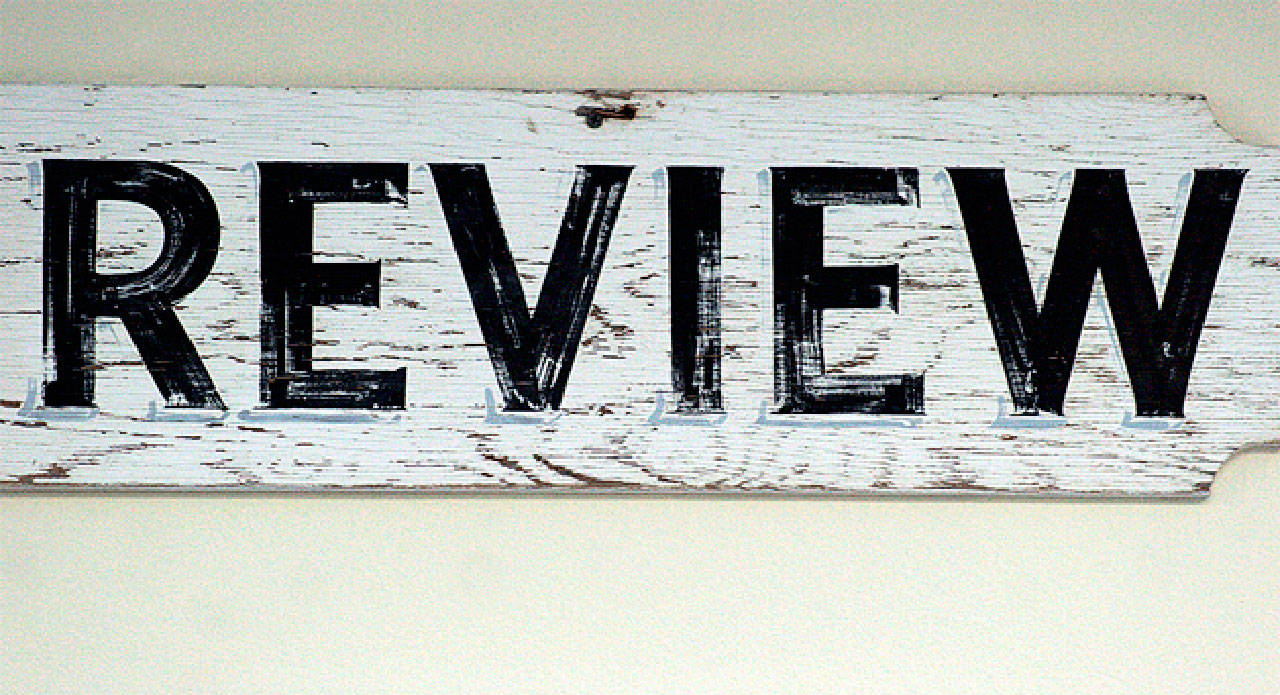A new poll has put the spotlight on an interesting — but not surprising — fact: most of Washington still supports a capital gains tax on the state’s wealthiest residents to help cover the costs of education.
Results from the poll were recently announced by the Northwest Progressive Institute. In the poll (conducted June 27-28 with a group of 887 likely voters in 2018), a majority said they still support a capital gains tax to help fund public schools, colleges and universities.
A total of 57 percent said they liked the idea, with 44 percent expressing “strong support,” according to NPI’s statewide survey.
Opposition was pegged at 41 percent, with 29 percent “strongly opposing” the idea.
NPI, a liberal think tank based in Redmond, has been polling Washington voters on the question of capital gains taxes on the wealthy since 2015, and officials said the recent poll echoes the findings of earlier surveys. Andrew Villeneuve, NPI’s executive director, said the poll results show “voters still want to see the wealthy step up and pay their fair share to support our public schools, colleges and universities.”
The idea of a capital gains tax in Washington has been around for a while, but has found support largely with Democrats in Olympia; Senate Republicans have remained steadfast in their opposition to the notion of higher taxes on the rich.
And while the Legislature did agree to devote more money to education this year, that influx of new funding will mostly come from higher property tax levies for many residents across the state.
Those higher taxes will especially be felt on Bainbridge, as the new state budget puts Bainbridge fifth on the top 10 list of school districts that will see the highest increases to property taxes next year to help fund public education.
Bainbridge property owners will see an estimated $490 in increased taxes next year (based on the median value of a single family home). That puts the island just behind the fourth-place Lake Washington School District on Seattle’s Eastside ($520 increase in 2018), and above sixth-place Seattle ($460).
Some warn the increase in property taxes is just a temporary fix, and won’t be enough to meet the state’s constitutional obligations to adequately fund public education.
The Washington Budget &Policy Center has said the revenue stream created by the higher property tax levies won’t be sustainable over the long term, and the only answer is a substantial overhaul of the state’s regressive tax code.
We agree, and are hopeful that in future legislative sessions, a meaningful effort to fix Washington’s tax code will be supported by both parties in Olympia.



